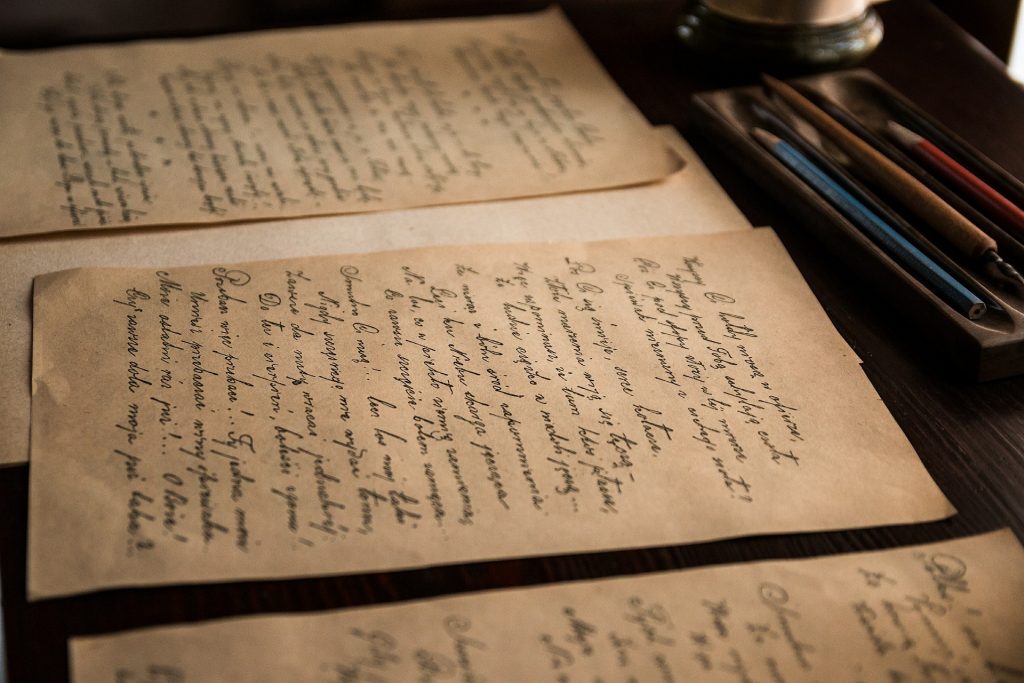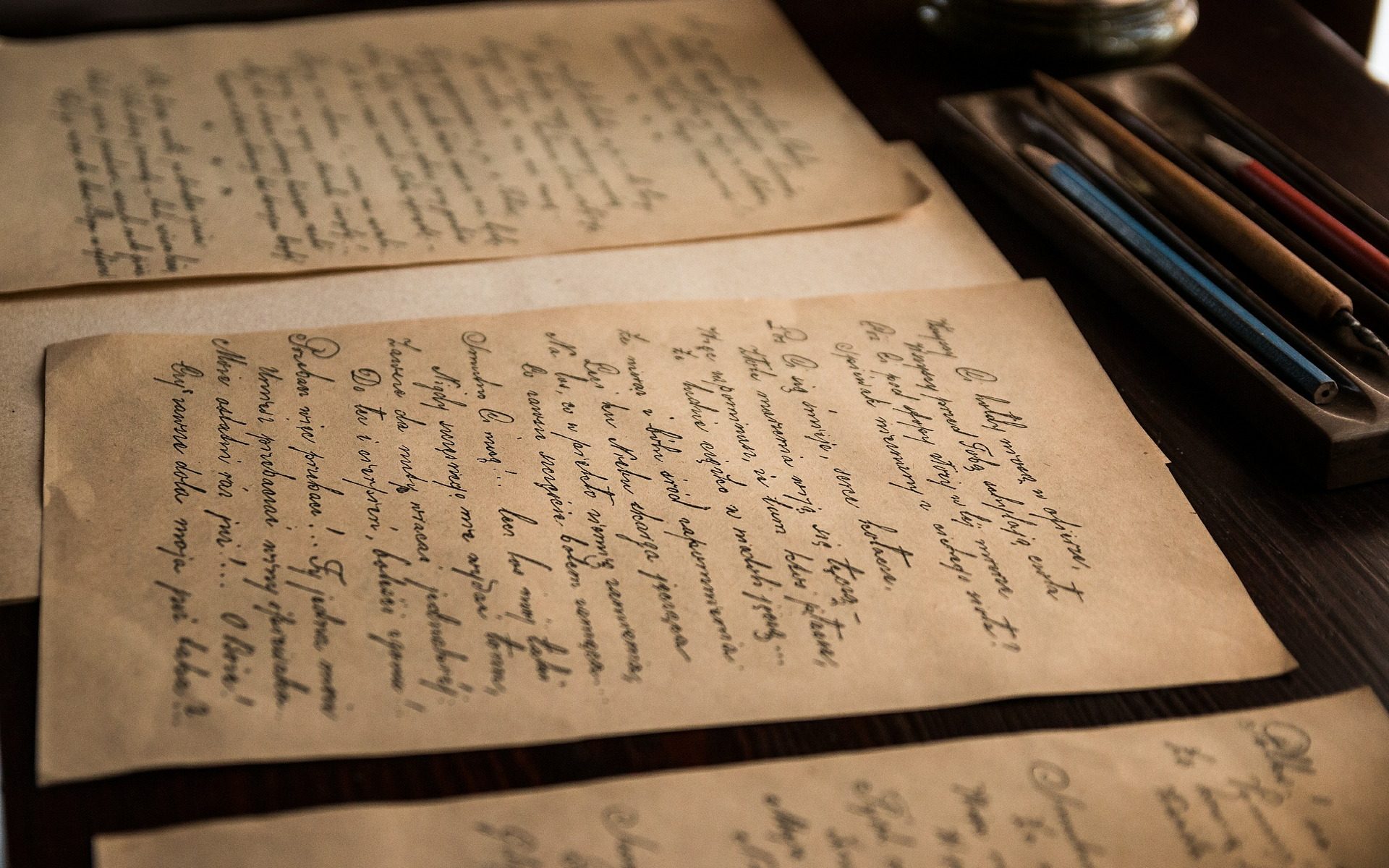
I’ve been at this long, wooden desk for hours. My neck is sore, and I’m chilled by the climate-controlled air in this bunker of a space. My eyes burn from trying to read 19th-century handwriting. But it’s not my body that hurts the most; it’s my spirit.
After six hours of searching hundreds of documents for tiny mentions of people who were enslaved by other people, I have exactly two pages of notes, and I know exactly six names.
One man named Peter owned two chickens.
I don’t know who they loved, what their favorite food was, or favorite color. I don’t know what they thought about their awful situation or whether or not they imagined they’d ever be free. I know almost nothing, and this reality could break me if I let it. But these people survived profound horror. I cannot let words on pages break me. I won’t.
The research and writing about people who were enslaved in Virginia is not easy work.
It’s soul-tearing, heart-rending labor that zaps me physically and psychologically. But I have learned – in over five years of doing this research as a total labor of love – that I need some guidelines to help me, to keep me from being broken.
Five Things Help Me Keep Going
- Outlets. I need places where I can put the pain and stories I immerse myself in. For me, that place is my books. I imagine these people on the page. I try my best to tell their stories. I create new stories that are drawn from the real-life ones, filling in silences and embodying people who, through the violence of history, have been made invisible to many of us.
- Time Limits. Through practice, I have learned that I can only do this work – particularly the research – for a few hours a day. I cannot work 40 hours a week on these stories, as much as I’d like to, without doing some real damage to both my spirit and my perspective. I need to limit myself so that I can do good work for the long-haul.
- Systems. I have found that systems – for tracking information, for sharing what I find, for filing my notes, for writing from those notes – are crucial for me. They keep me moving ahead when the weight of these stories threatens to crush me. I use careful spreadsheets and timelines, organized photographs and photocopies, and immaculate files of notes to help me keep some distance from the stories, not so I don’t feel but so that my feelings don’t overtake my ability to tell the story.
- Escapes. Sometimes, I just have to step away into another world entirely, move out of the antebellum South and move into a place where a man travels in a phone box or where a team of FBI profilers solves crime. I may need to dive into a story of mythical sirens or climb into the pages of a mystery set in a cheese shop. The deeper I am into the work of researching and writing about enslaved people the lighter my reading and watching need to be.
- Fellow Travelers. By far, the most important resource I have when this work is so hard and painful is people. My friends who also research slavery, my friends who understand the legacy of racism, my friends who are activists and historians – they are the ones who keep me going. They get it. They know the way stories wrap around us like hugs that squeeze too tight. They know the way elided information can break your heart. They know the way someone saying, “Why can’t we just get over it?” can bring up a rage so fierce it could burn the paper at my fingertips. I need these folks to keep me going, and they need me, too.
I don’t know what you write – stories from trauma, personal struggles, injustice writ large on the lives of people we know – but I expect that at some point in your life you have written or will write about something really difficult. If you do, be wise my friends. Protect yourself with limits and tools, people and escapes that will keep you strong for the journey.
We need your story. And we need you healthy enough to tell it.
About the Author: Andi Cumbo-Floyd
 Andi Cumbo-Floyd is a writer, editor, and farmer, who lives on 15 blissful acres at the edge of the Blue Ridge Mountains with her husband, 6 goats, 4 dogs, 4 cats, and 22 chickens. Her books include Steele Secrets, The Slaves Have Names, and Writing Day In and Day Out. The next book in her Steele Secrets Series, Charlotte and the Twelve, is available for pre-order.
Andi Cumbo-Floyd is a writer, editor, and farmer, who lives on 15 blissful acres at the edge of the Blue Ridge Mountains with her husband, 6 goats, 4 dogs, 4 cats, and 22 chickens. Her books include Steele Secrets, The Slaves Have Names, and Writing Day In and Day Out. The next book in her Steele Secrets Series, Charlotte and the Twelve, is available for pre-order.
Connect with Andi at her website, andilit.com, or via Facebook and Twitter.

